You climb the stairs. You pause halfway. Your chest tightens. You say it’s nothing. But it happens again. And again. Your breath shortens. Not from running. Not from panic. Just from trying to keep up with ordinary movement.
Your chest tightens. You say it’s nothing
You take breaks you didn’t need before. You walk slower. You pretend you’re just tired. But your body knows better. You breathe in, but it feels shallow. Like air gets in—but not deep enough to count.
Like air gets in—but not deep enough to count
You feel a shift in your rhythm. Talking takes effort. Reading out loud drains you. You stop mid-sentence. You cover it with a cough. Or laughter. But inside, you feel it. That small space where breath used to sit freely.
Talking takes effort. Reading out loud drains you
You wake up tired. Not from lack of sleep—but from breathing wrong all night. You feel the weight in your chest. Like someone left something behind in your lungs. You stretch. You sit up. But the heaviness stays.
Like someone left something behind in your lungs
You try to ignore it. But soon, walking to the car feels like work. Grocery bags feel heavier. Air becomes something you chase. You think about the last time breathing felt natural. You can’t remember it clearly.
Air becomes something you chase
You visit your doctor. You describe your breath. Your pauses. Your fatigue. They listen. They listen longer than usual. You know something in your tone changed. You weren’t asking for reassurance. You were asking for answers.
You weren’t asking for reassurance. You were asking for answers
They check your lungs. Your heart. Your oxygen. Everything looks okay—until it doesn’t. A test shows numbers slightly off. Just enough to raise concern. You’re sent for more tests. You start to carry the word “monitoring.”
A test shows numbers slightly off
You Google symptoms. Everything seems possible. Everything feels close. You read words like pulmonary, embolism, fibrosis, edema. You try to forget them. But they echo every time your chest tightens again.
You read words like pulmonary, embolism, fibrosis, edema
You wait for answers. Days pass. Breathing doesn’t get worse. But it never gets better. Some days are lighter. Some nights are longer. You count your steps. You measure how long you can talk before pausing.
You measure how long you can talk before pausing
You tell yourself it’s seasonal. Or stress. You try yoga. You drink herbal tea. You try avoiding caffeine. But the shortness stays. Not dramatic. Just persistent. Like it’s waiting for something to shift.
The shortness stays. Not dramatic. Just persistent
You get results. They’re not alarming. But not clean. Inflammation. Pressure. Fluid. Narrowing. Each word lands harder than the last. You write them down. You stop looking them up. You wait for a follow-up.
Inflammation. Pressure. Fluid. Narrowing
Specialists enter the picture. More scans. More exams. You’re told to track your symptoms. You carry a notebook. You write down when you feel breathless. You start to see patterns. You don’t like them.
You write down when you feel breathless
You adjust your life around your lungs. You say no more often. You take elevators more. You cancel hikes. You leave events early. You sit closer to exits. You carry water. You count how long you can stand without needing air.
You adjust your life around your lungs
Friends ask if you’re okay. You say yes. But you also start pausing before saying yes. Because truth takes breath too. And some days, you just don’t have enough to speak it all.
Truth takes breath too
You learn that shortness of breath isn’t always loud. It can be quiet. Slow. Steady. Creeping. It doesn’t scream until it has to. By then, you’ve already changed how you live.
It doesn’t scream until it has to
You start to listen to your body differently. You notice tension in your shoulders. Pressure in your jaw. You breathe into your belly now. You learn techniques. Some help. Some don’t. But they give you something to do with the silence.
You breathe into your belly now
Sometimes, it’s not lungs. It’s the heart. Or anemia. Or something else entirely. You learn that breath connects everything. Blood. Muscle. Brain. You stop separating symptoms. You start looking at the whole.
You learn that breath connects everything
You miss the luxury of taking breath for granted. You want to walk without thinking about oxygen. You want to run without checking your pulse. You want air to just be air again.
